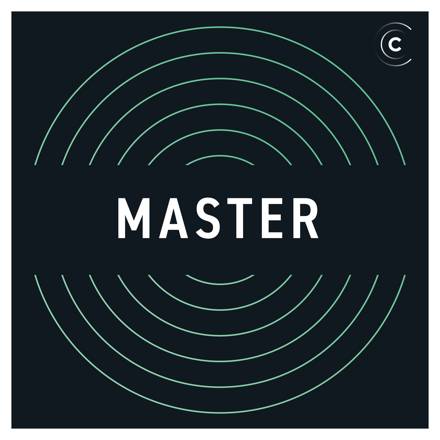The Wu-Tang way
Our friend Ron Evans is a technologist for hire, an open source developer, an author, a speaker, an iconoclast, and one of our favorite people in tech. This conversation with Ron goes everywhere: from high-altitude weather balloons, to life on Mars, to Zeno’s paradox applied to ML, to what open source devs should learn from the Wu-Tang Clan & more.







